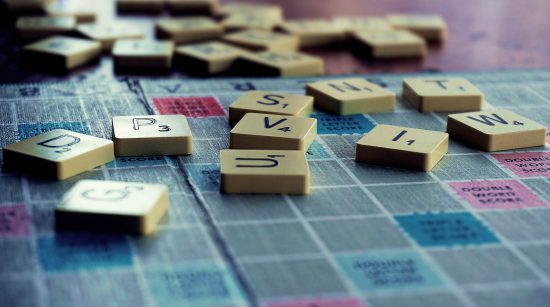
7:00 am, Saturday, 9th October 2021
Dyslexia Awareness Week. Top tips on spelling
This week is Dyslexia Awareness Week.
Enjoy four days of ‘Top tips’ to help parents and carers support their child with dyslexia.
Enjoy today’s top tips on spelling.
Spelling takes a long time to move from the short- term memory to the long and your child may need a lot of practice.
Find out which words your child is working on in school; it may be a list of common exception words or words with a particular spelling pattern or sound. Work on between 5 and 10 words at a time. Older children will find it helpful to learn to spell subject specific vocabulary.
Often schools ask children to learn their weekly spellings using the ‘Look, Cover, Say, Write, Check’ method.
This encourages your child to ‘see’ and ‘hear’ the word, and to see for him/ herself if they have spelt it correctly. However, all children learn in different ways so your child may prefer and have more success with a different strategy.
The best way to practise spelling new words is through fun, multi-sensory activities. These ideas are particularly good for irregular words. Here are 10 ideas to try at home:
- Make and Break: Use magnetic /wooden/foam/plastic letters to make the word. Break the word up and then reform, saying the letter names each time.
- Rainbow Words: Write the words on paper and ask your child to trace over the word in a few different felt tip colours. Encourage them to say the word over and over as they trace.
- Jigsaw Words: Write the words on pieces of paper and cut the words into single letters. Ask your child to make each word.
- Stepping Stones: Write the individual letters of the word on paper/card, then ask your child to step/jump/hop along the letters in the correct order.
- Eyes closed writing: After practising each spelling a few times, ask your child to write the word with their eyes closed in joined up/cursive writing. This uses muscle memory and helps spelling.
- Highlighting: Highlight the tricky part of the word e.g. said or the spelling pattern e.g. night, flight.
- Mnemonics: Make up rhymes and draw a picture to help your child remember the letters e.g. You Open Umbrellas for you.
- Sensory: Experiment with writing the words in different ways, e.g. use playdough, Wikki Stix, pipe cleaners, liquorice, glue/glitter etc. Your child could try tracing the words in a tray filled with sand/salt/flour.
- Outside: Spell out the word using a water bottle on wall/patio. Also, write the word with a large paintbrush and water on a wall/ path/paper.
- Scrabble Spell: Find the letters you need to spell a word (Scrabble tiles or wooden/magnetic letters) and mix them up in a feely bag. Pick a letter out at a time and build the word. This could be a timed activity.

- Encourage your child to think about their phonic lessons- ask them to sound out the word and think about the letter choices (regular words)
- Once your child has learned a spelling, practise writing it in a sentence that you read out.
- Try spelling apps such as Spelling Hangman, Spelling Whizz and Your Spelling – all for spelling practice.
- Put your child in charge of writing up lists such as a shopping list.
- Print out word searches, crosswords and other word‐related activities from the internet which are based on your child’s interests or play word games online.
- Spelling Frame is a good website to practise spelling.
- Help your child find out what a new word means or how to spell a word by helping them use a dictionary.
- Have a ‘Word of the Day’; this can be a fun way of increasing vocabulary.
- Play games such as Bananagrams, Junior Scrabble, Hangman, TRUGs, Boggle etc
- Use commercially produced games such as Snakes and Ladders- spell a word every time you roll the dice, Jenga- spell word every time you take a block out, Connect 4 – spell every time you put a piece in etc.
- Help your child to learn spelling rules. There will always be exceptions, but they work most of the time.
